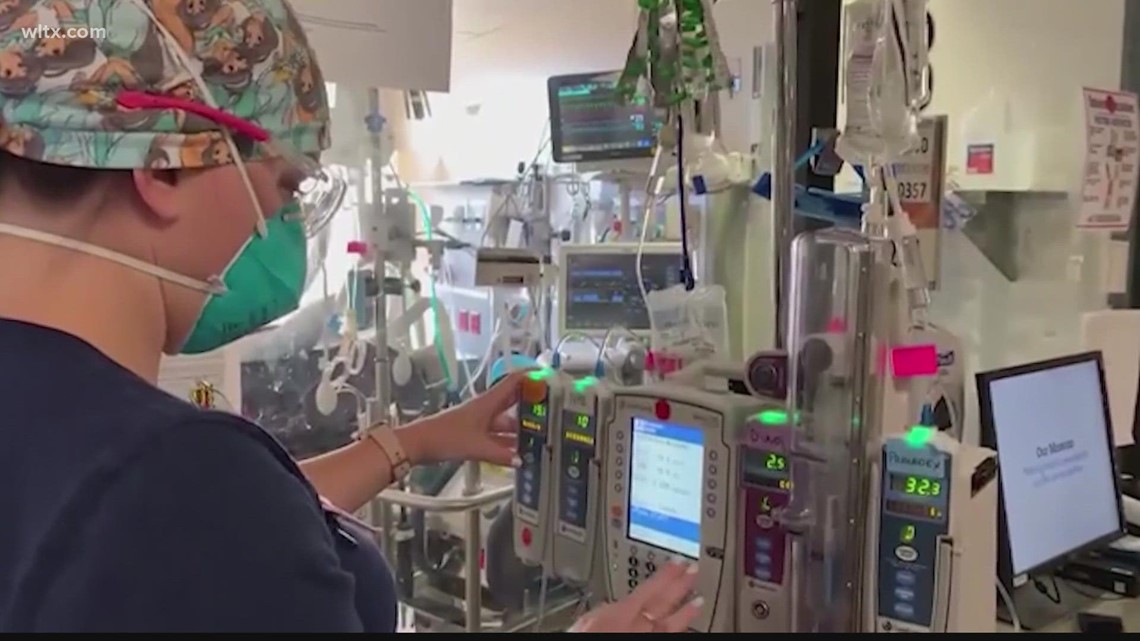ORANGEBURG, S.C. — Hospital officials in the U.S. say they are exploring other methods when it comes to combating the national nursing shortage.
In Orangeburg, Claflin University's nursing program is trying to plug in the holes with its students to help offset the deficit.
"When you increase a nurse's patient load by one, the mortality rate increases by seven percent," said Dr. Shannon Smith, chair for the Claflin Department of Nursing.
The shortage has impacted hospitals like the Regional Medical Center in Orangeburg. The hospital cut some of the contracts with travel nursing agencies, and they'll use the savings for a program to increase the pay of qualifying nurses already at the hospital to retain and train them. Claflin's nursing program is hoping to fill the void from the loss of the travel nurses.
"One of the things that we are doing with the RMC is we meet with the chief nursing officer periodically to determine the processes improvement type issues they have in the hospital," Dr. Smith said. "In their senior leadership class, students must do a process improvement project. We pull from the list of things the hospital provides us so that those nurses working can improve processes for things that are needed."


Dr. Smith said the pandemic, old age, stress, and other factors contribute to the shortage. She adds some of those factors are posing challenges to get more nurses in hospitals.
"We have a nursing faculty nursing shortage, as well, that prohibits schools of nursing admitting enough students," said Dr. Smith.
Health experts predict our state to be the fourth worst for the nursing shortage by 2030. Claflin's nursing department chair says it won't get better anytime soon unless more resources are provided.
"Until we're able to address the issues of shortage of nursing facility as well as the shortage of clinical placements, the shortage will continue to be bad," expressed Dr. Smith.

